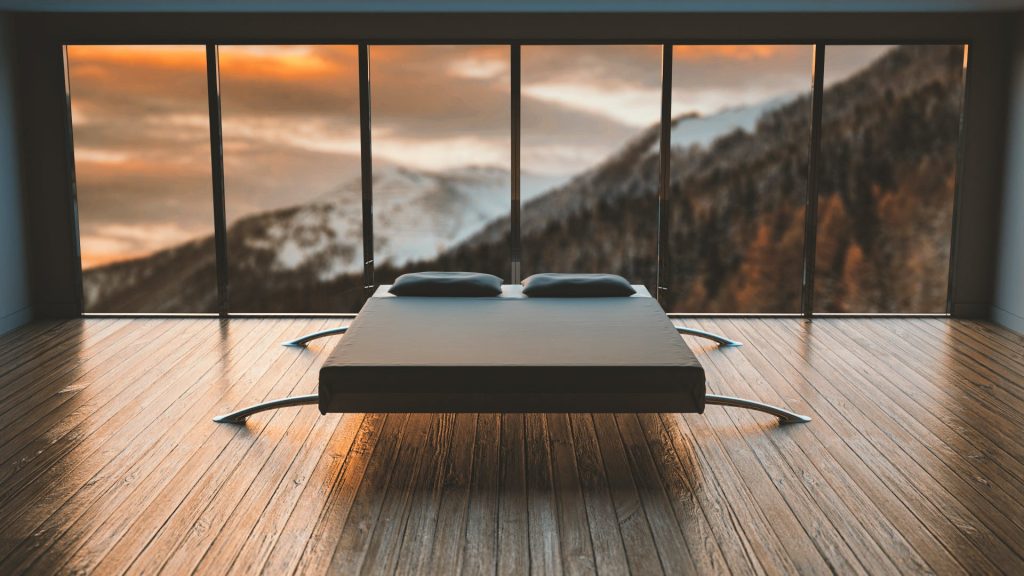
From alarm clocks and bedding to restaurant dining tables and front desk computers, all hotel assets have a lifespan.
NB: This is an article from Travelboom
Subscribe to our weekly newsletter and stay up to date
Most properties use some type of management system to track what those items are and when they should be replaced. But many hotels overlook some of their most important marketing tools: great photos and videos. These digital assets can differentiate your hotel from the competition and lead directly to a great RevPAR. But, just like your physical assets, your hotel photography and videos can become outdated and will need to be replaced.
Customers aren’t going to book a room they’ve never seen, and they are certainly not going to book a room that sports mid-1990s bedding, a tube TV and dated furniture. Just like that retro room, your hotel photography and videos get old. Keeping track of the depreciation of these assets and budgeting accordingly enables you to make much better plans for how and when to replace them.
If you’re already behind the curve on your hotel photography and videos, follow these tips to start collecting great assets – and keep them updated.
1: Choose the Right Photographer/Videographer
Yes, today’s smartphones can take great pictures and videos, too. And you may even know someone who has a really nice camera. However, just like having a kitchen doesn’t make you a chef, owning a camera doesn’t make you a photographer or videographer. When procuring an asset that can have such a substantial impact on travelers’ booking decisions, outsourcing to a professional is almost always the right answer. Professional photos and videos are critical to making a positive impression on potential guests and, in turn, can lead directly to increased revenues. In contrast, amateur visuals may create concerns about your hotel quality and reduce prospects’ likelihood of booking.
To find the right partner, talk to industry partners, find hotel shots you like and track down a professional who specializes in what you need. This means the photographer or videographer who is right for your room shots is likely not the best fit for lifestyle and amenities images.
Spend ample time evaluating and selecting a partner who can deliver the right visual assets to promote your hotel or resort. Do your research and due diligence now, so you won’t be disappointed later. When hiring a photographer or videographer, keep these important considerations in mind:
- Hire experienced professionals – quality matters.
- Review candidate portfolios carefully to make sure their style aligns with your brand.
- Talk to the photographer or videographer’s past clients to confirm their professionalism and gain an understanding of their process.
- Choose a photographer or videographer who specializes in accommodations or real estate for your interior shots.
- Alternatively, for your exterior shots, select a photographer or videographer known for architectural work.
- Ask about licensing and fees. Many photographers and videographers put limitations on the number of photos or clips provided and how they can be used.
- To avoid unexpected add-on costs, confirm that the photographer or videographer you hire will provide all equipment needed for the shoot.
- Factor in any editing needed. Every photo or video needs post-production work for added polish – find out if it’s included in the price you’re paying.
Depending on your needs, hiring an agency rather than an individual photographer or videographer may be worth considering. In most cases, an agency can provide a broader spectrum of services, including pre-shoot conceptualization, set styling, photo and/or video shooting, and management of any post-production needs. An individual is more likely to focus solely on the shoot.




